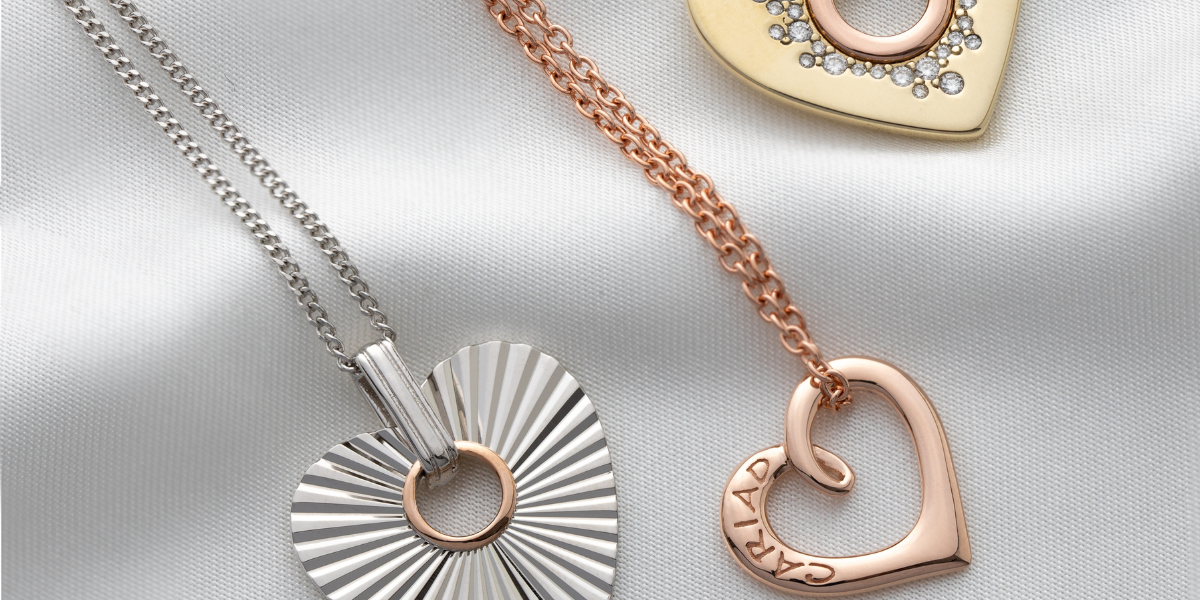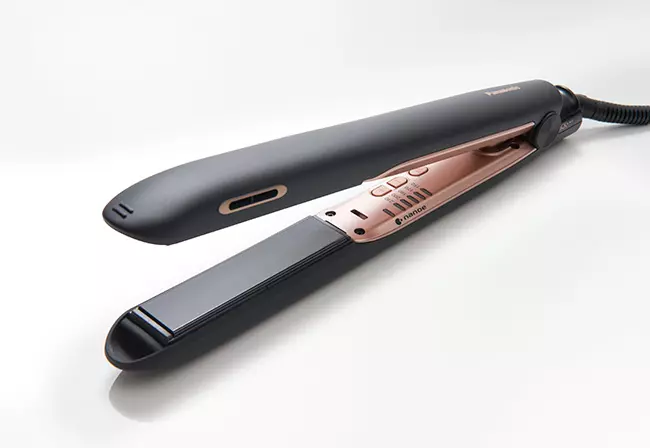When you check out the Plato’s Closet website, it all looks very enticing. The company accepts trendy secondhand fashion and, if you donate and the employees accept your clothing, you get paid in cash on the spot. The tagline sounds amazing too — “Look good. Do good. Feel good.” Too bad it’s a bold-faced lie.
A few weeks ago, I wanted to buy a new formal dress for an event that I will be attending over the summer. Buying nice things for an affordable price is always a bit of a hassle, especially when you’re like me — a size 20-something and with a well-realized sense of personal style — but I didn’t expect Plato’s Closet to present me with such a horrible shopping experience. I tried on at least three things, and I didn’t “look good” or “feel good” in any of them.
The first red flag was that the selection stops at a size XL. While that’s already a bit concerning for a big girl, when I really got to looking through the racks, I noticed that some of the clothes that were labeled XL were actually sizes 12–14. For anybody who doesn’t know, XL is supposed to be sizes 16–18. While I wouldn’t have fit into the clothing, even if everything was labeled correctly, I can imagine how it would feel to be a size 18 going into that store. I can relate to how devastating it would be to find an “XL” dress you like just to try it on and find that you don’t fit into the item that was supposed to be your size. However, this is only the tip of the iceberg, as this lack of choice may not be a reflection of Plato’s Closet, but it is a reflection of the fashion industry and its tendency to discriminate against fat people.
A major threat to the environment is fast fashion, defined as cheap, trendy clothing of poor quality that ends up in the dump after only a few wears — a product of overproduction and capitalist consumption. This industry is one of the world’s biggest polluters, leading to microplastics and excessive waste. Additionally, fast fashion is notorious for being complicit with worker mistreatment. In short, it’s generally not a great thing.
Plato’s Closet encourages sustainability by offering people a way to recycle their clothing. While it would be great to denounce all fast fashion brands and transition to purchasing exclusively recycled clothing, I, and many other fat girls, don’t have that luxury. How am I supposed to participate in the anti-fast fashion movement if stores like Plato’s Closet don’t sell items that I can wear? Even standard thrift stores, which tend to offer a relatively wider range of sizes, don’t always have the most flattering options for fat people.
Plus-size clothing is in high demand, with approximately 70% of U.S. women being a size 14 or above. PLUS Model magazine defines plus sizes as sizes over 18, but there are many disagreements on what is considered plus size. Even Torrid, a popular plus-size clothing brand, carries sizes as low as 10. Even so, plus–size thrift options get picked through very quickly, leaving only the items that nobody wants behind. It’s only ever been through luck and timing that I’m able to find something half decent in thrift stores.
Another problem I’ve seen is skinny people buying larger clothing for craft projects — flashback to me watching a TikTok in abject horror as a woman cut up an adorable plus-size 1950s-style dress to turn it into a skirt. These upcycling enthusiasts use our clothing as scrap fabric, and then get angry with us when we can’t buy items that actually fit us and are forced to buy fast fashion.
I have been told repeatedly, by women who have the luxury of walking into secondhand stores and finding boundless options, that purchasing from fast fashion brands like SHEIN and Torrid makes me a bad person. I’m tired of being stuck between a rock and hard place. I want the right to look and feel beautiful in my body, without being complicit in the questionable practices of mainstream fashion brands.








